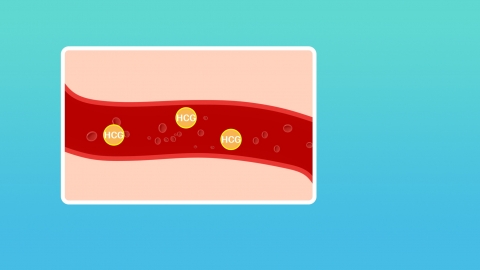Can krill oil really remove plaque from blood vessels?
Generally speaking, krill oil cannot directly remove plaques already formed in blood vessels, but moderate intake may provide certain supportive benefits for cardiovascular health. The detailed analysis is as follows:

Krill oil is rich in Omega-3 unsaturated fatty acids, which can help regulate blood lipid levels, reduce triglyceride synthesis, and assist in lowering blood viscosity. These effects may help slow down the formation of plaques and prevent existing plaques from growing larger. However, there is currently insufficient scientific evidence to show that krill oil can directly dissolve or eliminate established atherosclerotic plaques in blood vessels. Once plaques have formed, medical intervention is typically required to control their progression. Excessive intake of krill oil may increase gastrointestinal burden, leading to discomfort such as nausea and diarrhea. In some individuals, it may also increase the risk of bleeding.
In daily life, it's important to maintain a low-fat, low-salt diet, exercise regularly, and monitor blood lipid levels and vascular health. If vascular plaques are detected, scientifically based interventions should be implemented under professional guidance to protect cardiovascular health.





